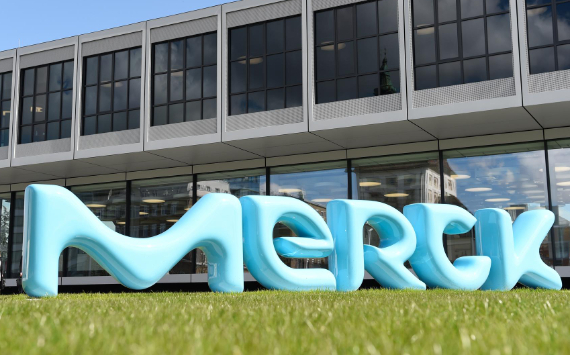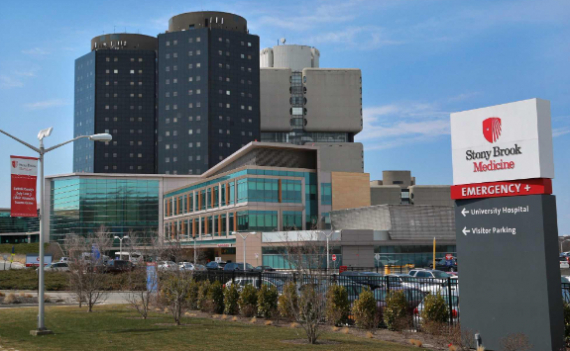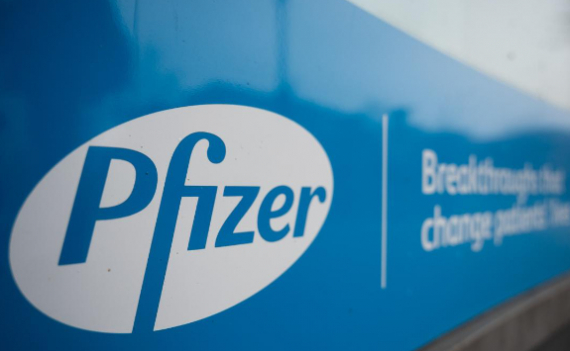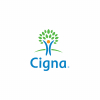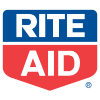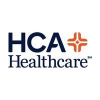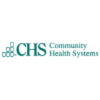Nurse's Day

Ever wondered why nurses have a special day just for them? National Nurse's Day on May 6th isn't just a nod to their hard work—it's a full-fledged celebration of their dedication and the vital role they play in healthcare. So, why May 6th? This date marks the start of National Nurses Week, which culminates on Florence Nightingale's birthday, the pioneer of modern nursing. As we kick off this week of recognition, get ready to uncover nine intriguing facts about National Nurse's Day. From its historical roots to ways you can express your gratitude, this day is about more than just medical terms and hospital routines. Ready for a shot of inspiration? Let’s dive into some fun and insightful facts!
About the holiday
Brief History of the Holiday
National Nurse’s Day was established to pay tribute to the nursing profession and acknowledge the vital role that nurses play in the medical field. The celebration of nurses began in the 1950s, but it wasn’t until 1982 that May 6 was officially designated as National Nurse’s Day by President Ronald Reagan. This day has since become a time to reflect on the essential services nurses provide and to express gratitude for their commitment to improving patient outcomes.
How It's Celebrated
National Nurse’s Day is marked by various activities and events designed to honor and appreciate nurses. Hospitals, clinics, and healthcare facilities often organize ceremonies, award presentations, and special meals to celebrate their nursing staff. Many communities and organizations send thank-you notes, gifts, or flowers to nurses as tokens of appreciation. Educational institutions may host seminars or workshops that focus on nursing, highlighting the profession’s history and the latest advancements in healthcare.
 National Nurse's Day
National Nurse's Day
Interesting Facts
- Florence Nightingale’s Influence: Florence Nightingale is often credited with revolutionizing nursing during the Crimean War by introducing hygiene practices and patient care standards that are still in use today.
- Nurses in Numbers: Nurses make up the largest segment of the healthcare workforce in many countries, with millions of registered nurses working in various specialties.
- Diverse Roles: Nurses don’t just work in hospitals; they are also found in schools, military facilities, research institutions, and public health organizations, playing diverse roles in healthcare delivery.
- Advanced Practice Nurses: Many nurses pursue advanced degrees and certifications, becoming nurse practitioners, nurse anesthetists, nurse midwives, or clinical nurse specialists, providing high-level care in various medical fields.
- Global Impact: Nursing is a globally recognized and respected profession, with nurses playing key roles in healthcare systems around the world, often working in challenging environments to provide care to underserved populations.
Were born on 6 May
Today, we celebrate the remarkable dedication, expertise, and compassion that nurses bring to their work every single day. Your unwavering commitment to caring for others profoundly impacts the lives of patients, and we are deeply grateful for all that you do. Thank you for making a real difference!













